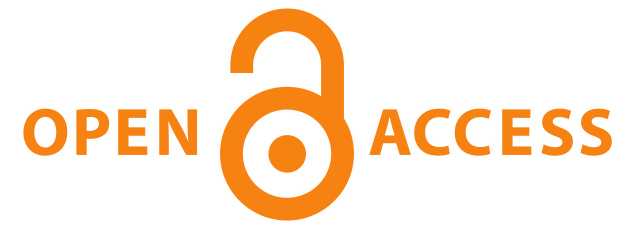Curriculum Development In The Age Of Globalization: A Comparative Study
Keywords:
Internationalization of Education, Cultural Identity, Educational Policy, Global Citizenship, Critical Pedagogy, Human Capital Theory, World Culture Theory,, Comparative Education, GlobalizationAbstract
Globalization has emerged as one of the most powerful forces shaping education in the 21st century. It influences not only the structure of economies and political systems but also the goals, content, and methodologies of curriculum development across the globe. This study explores how globalization impacts curriculum design by comparing approaches adopted in both developed and developing nations. The paper examines theoretical perspectives such as human capital theory, world culture theory, and critical pedagogy to analyze how educational policies and curricular frameworks are being reshaped. A comparative lens reveals that while developed countries emphasize innovation, critical thinking, and global citizenship, many developing countries struggle to reconcile global demands with local realities, often constrained by limited resources and socio-political challenges. At the same time, globalization provides new opportunities for cultural exchange, technological integration, and international collaboration in education. However, it also poses risks, including the erosion of cultural identities, deepening inequalities, and overemphasis on economic outcomes at the expense of holistic development. Through selected case studies, this paper highlights the tensions between local contexts and global imperatives, illustrating how countries like Finland, Singapore, and Pakistan respond to the pressures of global educational reforms. Ultimately, the study argues that curriculum development in the age of globalization must balance global competitiveness with cultural authenticity, ensuring that education not only prepares individuals for global markets but also sustains national identity, equity, and human values.






